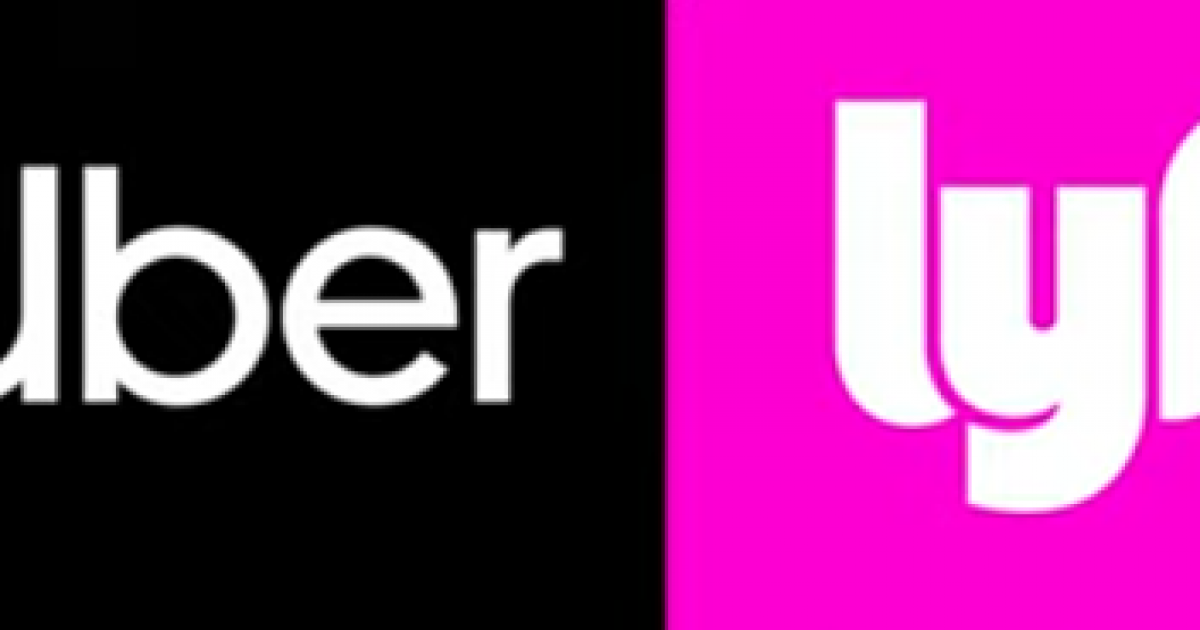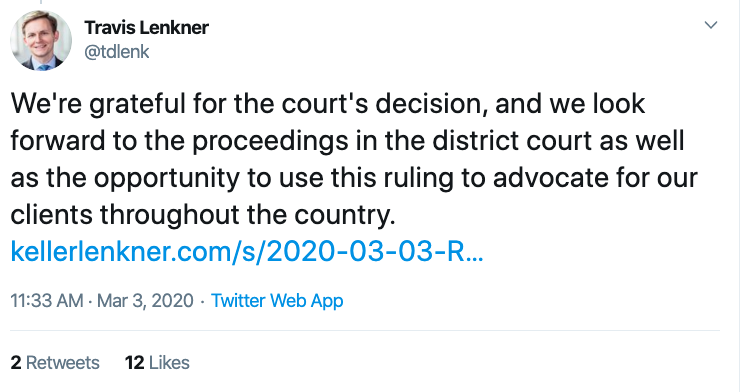
On Tuesday, March 3, 2020 a U.S. appeals court proceeded to move forward with a case that would determine whether UberBLACK drivers, who conduct luxury Uber rides, should be categorized as employees as opposed to contractors according to the Fair Labor Standards Act.
The move comes at a time when the ride-hailing company and its main competitor, Lyft, are facing increased pressure from workers and elected officials to classify independent gig workers as employees so they can receive the required employee benefits that vary according to the state they operate in.
The court came to the conclusion that the summary judgment, or a decision made only using legal papers, was unsuitable “because genuine disputes of material facts remained,” but Keller Lenkner LLC, the law firm providing representation to drivers in the appeals case, is already declaring victory.
Travis Lenker, a managing partner at Keller, commented the decision was “a big win for Uber drivers and gig-economy workers throughout the U.S.” during a series of tweets on Tuesday.
“We’re grateful for the court’s decision, and we look forward to the proceedings in the district court as well as the opportunity to use this ruling to advocate for our clients throughout the country,” he continued.
The drivers’ legal counsel said that the move to overturn a lower court’s decision and proceed with hearings gives the drivers’ attorneys the opportunity to directly make their case to a judge.
“Our clients are UberBLACK drivers in Philadelphia. They challenged Uber’s classification of them as independent contractors … which denies them a minimum wage and other protections to which they’re entitled under federal and state law,” Lerkner wrote. “The district court held that there was no way our clients could prove they deserve to be treated as employees under [FLSA]. … The Third Circuit overturned that ruling and found numerous flaws in the lower court’s analysis.”
An Uber spokesperson revealed that the company disagreed with the court’s decision to move forward and the company would be weighing all of its options.
“The Third Circuit did not rule that drivers using UberBLACK in Philadelphia should be classified as employees,” an Uber spokesperson said to Fox Business. “It merely found that there were fact issues that could not be decided in a summary judgment motion.”
The court claimed it “relied heavily on the analysis in DialAmerica and other cases that had examined the use of internet or app-based programs for acquiring work” in the decision.
The 1984 Third Circuit case Donovan v. DialAmerica Marketing, Inc. established six different factors that must be considered when differentiating between employees and independent contractors.
Fox Business highlighted the following factors:
Factors include: 1) whether the worker has control over the job, 2) the worker’s opportunity to make or lose profit, 3) the worker’s investment in materials needed to do the job, 4) whether the job requires a specific skill, 5) the job’s permanence and 6) whether the worker’s job is necessary for the employer’s business, according to the New Jersey State Bar Association.
The case is the first in which a district court has addressed the Fair Labor Standards Act as it relates to gig employees.
“Plaintiffs claim that they are employees, and sue Uber for violations of minimum wage and overtime requirements under federal and state laws. Under the FLSA, employers must pay employees the applicable minimum wage for each hour worked, and, if an employee works more than forty hours in a given week, the employer must pay one-and-a-half times the regular rate for each hour subsequently worked,” the decision reads.
“Plaintiffs contend that time spent online on the Uber Driver App qualifies as compensable time under the FLSA. Principal among Plaintiffs’ arguments is that Uber controls the access and use of the Driver App,” it added.
Uber and Lyft have argued that laws mandating ride-hailing app companies to identify drivers as gig workers would substantially change their business models.
Last September, California passed a gig-worker law which became effective in January. The new law categorizes drivers as employees instead of contractors, and not everyone is content with the new legislation.
“State legislators had the opportunity to expand benefits for hundreds of thousands of independent workers in California, a step Uber has been advocating for and one that other states already have taken,” Uber told FOX Business in a January statement. “Instead, they passed AB5 using a biased and overtly political process. … We are joining a growing group of companies and individuals suing to ensure that all workers are equally protected under the law and can freely choose the way they want to work.”




